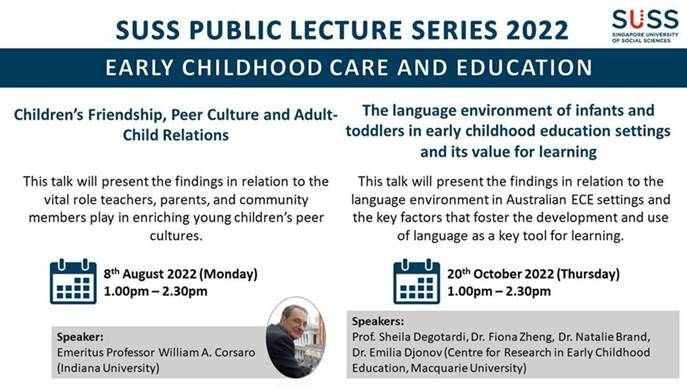Use It or Lose It
- Nov 26, 2021
- 1 min read
Updated: Dec 10, 2021
Patricia Kuhl, a distinguished speech-language pathologist at The University of Washington, explains how and why early childhood is a “critical period” for language acquisition in her 13-minute TED Talk, The Linguistic Genius of Babies.
We are all language-learning geniuses until the age of seven.
In fact, babies under eight months of age can detect sounds in any language from around the world.
But as we get older, we become language- and culture-bound listeners who are only able to identify sounds from our home languages and not those of foreign languages.
To illustrate, research has found that between 10-12 months of age, babies in Japan begin to lose the ability to differentiate between the sounds “ra” and “la” as those sounds are not key to the Japanese language.
By contrast, American babies continue to hear the differences between “ra” and “la” as those sounds occur frequently in their native language, English.
In addition, language needs to be acquired through live social interactions (talking, reading or storytelling). It cannot be learnt from television or e-books alone.
After all, in face-to-face conversations, adults speak to babies in parentese. They use elongated vowel sounds and a sing-song voice to capture infants’ attention. These slow, exaggerated speech patterns help babies to parse out where one word ends and another begins.
So, ample opportunities for back-and-forth conversations are essential.
Read more about Kuhl’s work here.

Comments